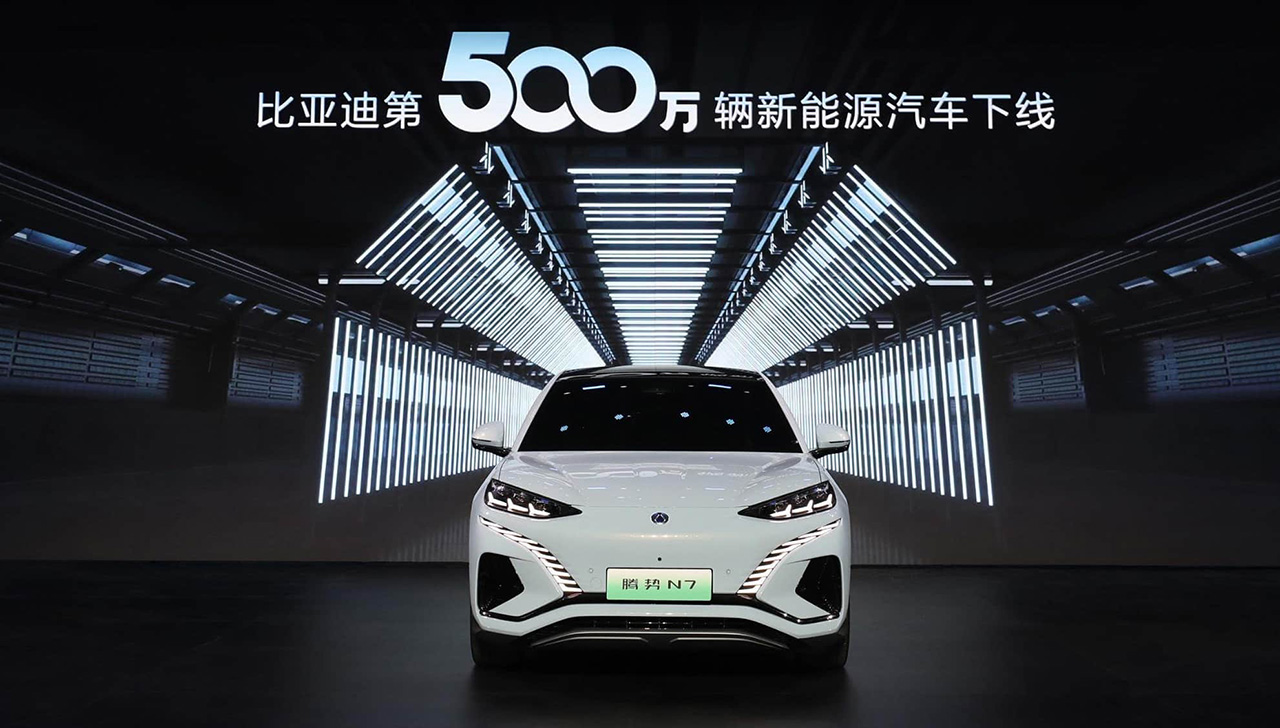The study details that early investments between 2009 and 2017 were relatively modest, totaling $6.74 billion, with $2 billion specifically allocated to research and development (R&D). From 2018 onwards, there was a significant increase in spending. The period from 2018 to 2020 saw roughly tripled expenditures, followed by a sharp rise from 2021 to the present. In particular, R&D spending jumped from $3.6 billion in 2018 to $4.3 billion last year.
Support for the EV market has been comprehensive. It includes rebates, sales tax exemptions, government funding for infrastructure, direct purchases of EVs by the government, automaker R&D support, and additional aids such as local incentives and supplier subsidies.
Subsidies have played a crucial role in supporting key industry players. Notably, CATL reportedly got a whopping $809.2 million in subsidies last year. That’s more than ten times what they got in 2018 and almost twice as much as they received in 2022.
The influx of financing has significantly altered the competitive landscape within the EV market. Competitors now find it much harder to keep up with Chinese firms due to these aggressive investment strategies.
However, the industry faces major challenges including its sustainability concerning profitability. More than 200 electric vehicle firms exist today in China; however, very few are profitable. The result is an oversupply that has sparked domestic price wars and pushed Chinese automakers to focus more on international markets.
Looking ahead, the report predicts that while some automakers will not survive, others are poised to become mainstays within the global industry landscape despite looming challenges.
Source: CNBC

